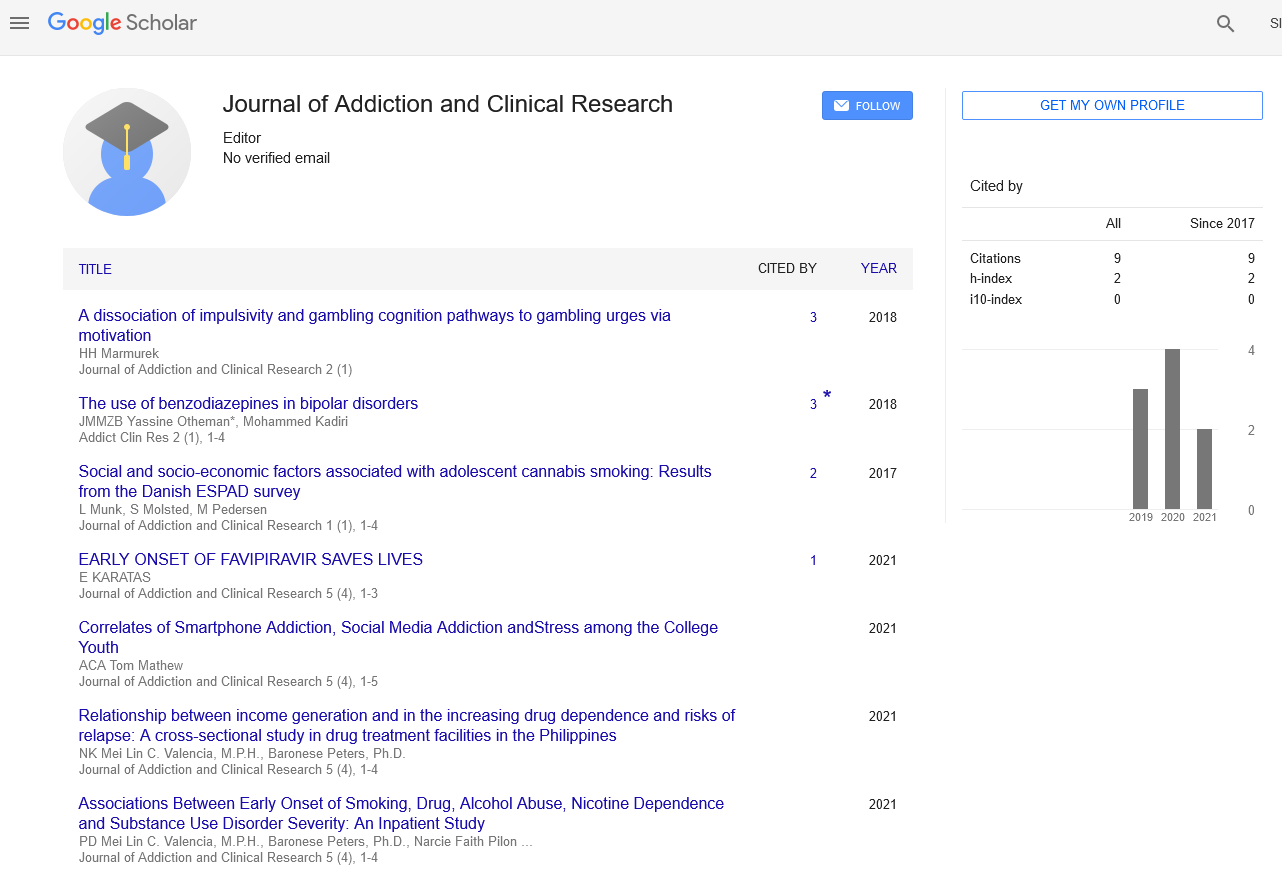
Sign up for email alert when new content gets added: Sign up
Abstract
RISK FACTORS OF NOCTURNAL ENURESIS
Author(s): Gudisa Bereda*Nocturnal enuresis is defined as the involuntary loss of urine at night, in the absence of organic (physical) disease such as urinary tract infection or detrusor over activity, at an age when a child could reasonably be expected to be dry (by consensus, at a developmental age of five yrs). Nocturnal enuresis is a significant developmental challenge for school age children and it can cause emotional and family stress and social isolation for the child. Mono symptomatic nocturnal enuresis is bedwetting occurring without any day time incontinence or urological symptoms and it might be an explanation of a normal void occurring at an inappropriate and socially unacceptable time and place. Nocturnal enuresis resulted from the interaction of three physiological factors such as arousal disorder (defective sleep arousal); high nocturnal urine production (nocturnal polyuria); and nocturnal low bladder capacity or elevated detrusor activity, such as lack of prevention of bladder emptying during sleep, lowered bladder capacity, or bladder over activity.
Full-Text | PDF




